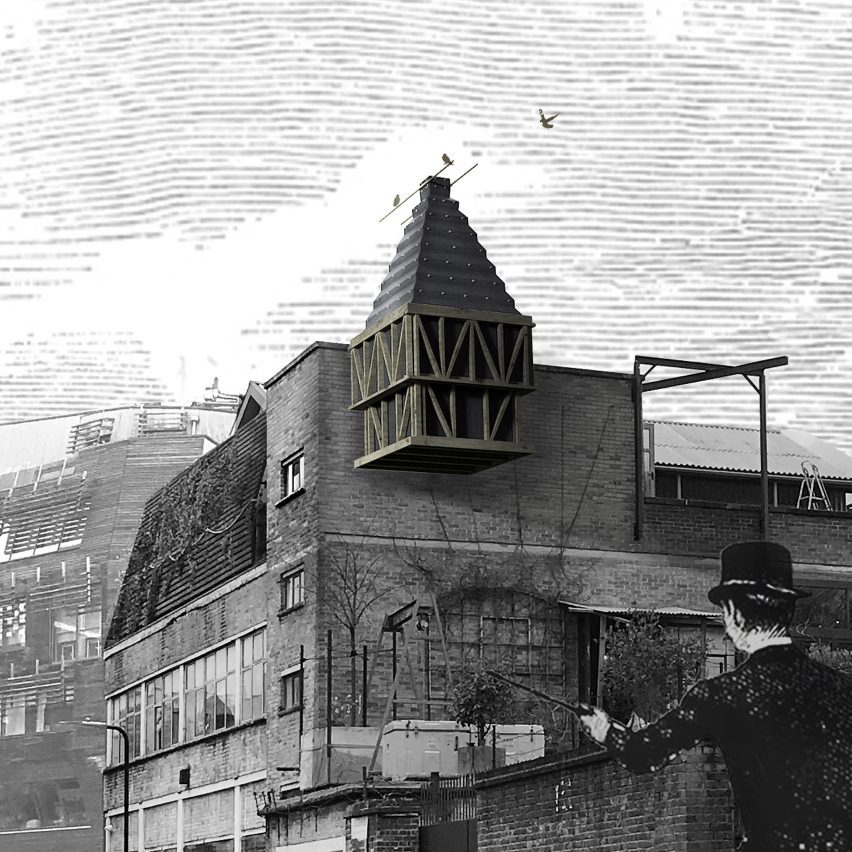

She dreamed of vast living rooms furnished in rare old silks, elegant furniture loaded with priceless ornaments, and inviting smaller rooms, perfumed, made for afternoon chats with close friends - famous, sought after men, who all women envy and desire. She dreamed of silent antechambers hung with Oriental tapestries, lit from above by torches in bronze holders, while two tall footmen in knee-length breeches napped in huge armchairs, sleepy from the stove's oppressive warmth. The sight of the little Brenton girl who did her housework filled her with terrible regrets and hopeless fantasies. All these things that another woman of her class would not even have noticed, tormented her and made her resentful. She suffered because of the poorness of her house as she looked at the dirty walls, the worn-out chairs and the ugly curtains.

She suffered endlessly, feeling she was entitled to all the delicacies and luxuries of life.

Natural delicacy, instinctive elegance and a quick wit determine their place in society, and make the daughters of commoners the equals of the very finest ladies. Women don't belong to a caste or class their beauty, grace, and natural charm take the place of birth and family. She dressed plainly because she had never been able to afford anything better, but she was as unhappy as if she had once been wealthy. She had no dowry, no expectations, no means of becoming known, understood, loved or wedded by a man of wealth and distinction and so she let herself be married to a minor official at the Ministry of Education. She was one of those pretty and charming girls born, as if by an error of fate, into a family of clerks.


 0 kommentar(er)
0 kommentar(er)
